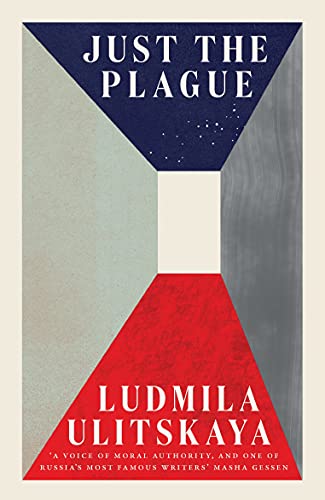
Fascinatingly imbued with ominous political irony, this balance of absurd and sombre realism is a hard-hitting evocation of past and present. Written with a brisk rhythm and fragmentary structure with stark language and characters that are no more than brief sketches, the cinematic style still captures an oppressive atmosphere and provides food for thought.
At the Kossel home. Kossel’s wife is sitting in her armchair. The portrait of her son is lying on the table in front of her. She covers her face with her hand.
‘Sergei? I thought you weren’t going to come back, either. Where were you, Sergei?’ For the first time her eyes are focused and attentive.
‘Dina, it was the plague. It was just the plague!’ Kossel says. He smiles and takes his wife’s dry, warm hand between his palms.
‘Just the plague?’ she asks.
He nods.
‘Ah, and I thought…’